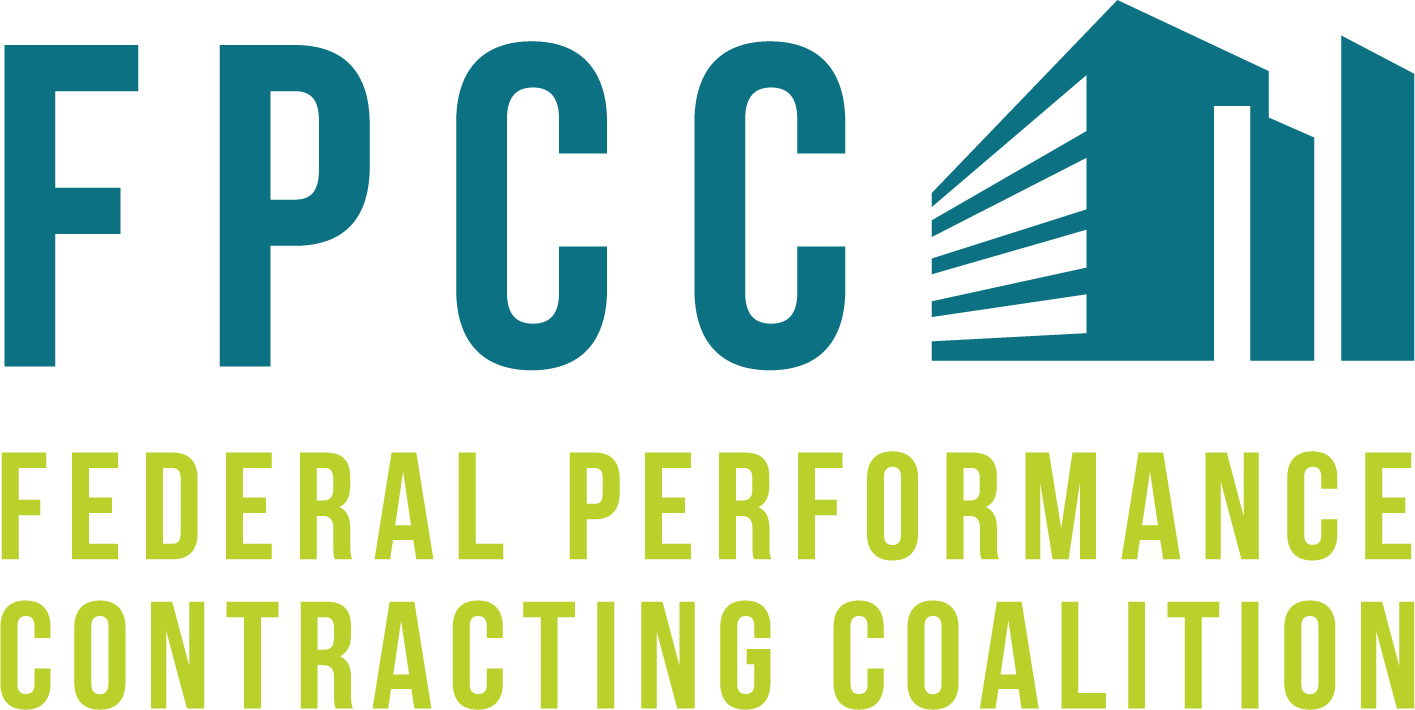Renovating an older building can breathe new life into a property, whether it’s a historic home, a commercial space, or a multi-unit residence. But while aesthetics and layout are often the focus of a renovation, one of the most critical—and often overlooked—aspects is the electrical infrastructure.
Electrical systems in older buildings are frequently outdated, underpowered, and not compliant with modern safety standards. Conducting an electrical inspection, as well as repairs and upgrades, isn’t just a good idea—it’s often necessary to ensure safety, efficiency, and long-term value.
Why Electrical Upgrades Are Necessary
Older buildings may still rely on knob-and-tube wiring, aluminum conductors, or fuse-based panels—all of which are considered outdated and can pose serious risks. Even if a building has had some updates over the years, the electrical system may still fall short of meeting current codes or supporting the demands of modern appliances, lighting, and technology.
Upgrading during a renovation is the ideal time to address these issues, as walls and ceilings are often already open, giving electricians better access to wiring, panels, and junction boxes.
Common Electrical Issues in Older Buildings
Some of the most common electrical problems found in older structures include:
-
Insufficient capacity: Older systems may have only 60- or 100-amp service, while modern homes often require 200 amps or more.
-
Overloaded circuits: Adding too many outlets or appliances to a single circuit can cause frequent breaker trips and overheating.
-
Ungrounded outlets: Many older outlets lack grounding, which poses a shock risk and limits compatibility with newer devices.
-
Deteriorating wiring: Time, pests, and previous amateur repairs can leave wiring unsafe and unreliable.
-
Outdated panels: Fuse boxes and early breaker panels may not meet current electrical code requirements.
Even if these problems aren’t causing noticeable issues yet, they are a liability and can become deal-breakers for future buyers or tenants.
Benefits of Upgrading During Renovation
1. Safety Improvements
The most compelling reason for upgrading electrical systems is safety. Modern wiring, panels, and grounded outlets reduce fire risks and protect occupants from electrical shock, which is why property owners often turn to trusted fire prevention partners like fastfirewatchguards.com Minneapolis for added peace of mind during upgrades or high-risk projects.
2. Increased Capacity for Modern Living
Today’s homes and businesses require significantly more power than in decades past. Renovation presents an opportunity to increase amperage, add dedicated circuits for high-demand appliances, and install more outlets in convenient locations.
3. Code Compliance and Resale Value
Ensuring that your building meets local electrical codes not only avoids future legal issues but also adds to the property’s market value. Buyers and tenants are increasingly concerned about energy efficiency and electrical reliability.
4. Seamless Integration With Smart Technology
Renovation is the perfect time to plan for the future. Smart lighting, integrated security systems, and home automation features often require advanced wiring. Upgrading now ensures your property can handle these enhancements down the road.
Key Upgrades to Consider
During a renovation, consider incorporating the following upgrades into your electrical plan:
-
New main service panel with higher amp capacity
-
Dedicated circuits for kitchen appliances, HVAC, and laundry
-
Grounded outlets and GFCI protection where required
-
Updated lighting design, including energy-efficient fixtures
-
Pre-wiring for internet, cable, and smart systems
-
Surge protection for the entire system
In some cases, a simple electrical repair may be all that’s needed to fix a specific issue, but when working with a decades-old system, a full upgrade is often the more cost-effective and future-proof choice.
Working With a Licensed Electrician
Because electrical work involves safety and regulatory compliance, it should always be handled by a licensed professional. During a renovation, a qualified electrician can assess the existing system, recommend necessary upgrades, and ensure that all work meets current building codes.
They’ll also coordinate with your general contractor to integrate electrical plans into the broader renovation schedule—helping to avoid costly delays or rework. You can contact Kenco Electric, an electrician Winston Salem, for a range of electrical services tailored to meet your needs. Their experienced team is dedicated to providing high-quality workmanship and exceptional customer service.
Upgrading the electrical infrastructure of an older building during renovation is one of the smartest investments you can make. It improves safety, supports modern technology, and adds long-term value to your property.
While it might not be the most visible part of your remodel, a reliable electrical system is the foundation for everything else in your space. Addressing it early in the renovation process ensures that your building isn’t just more beautiful—but also safer, smarter, and ready for the future.
